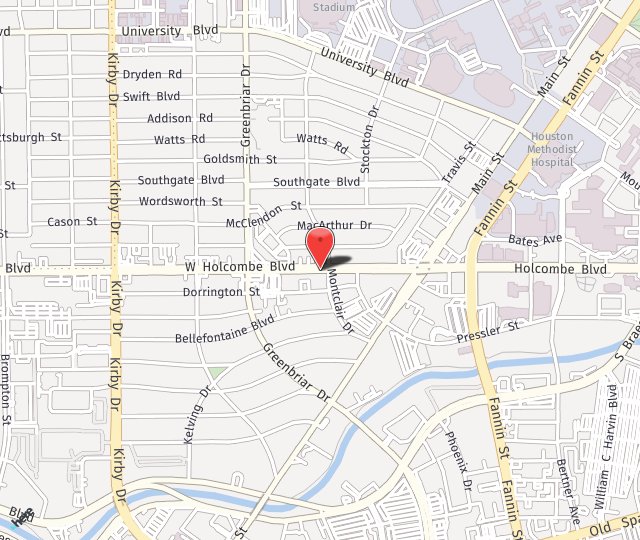
TMD, or temporomandibular joint dysfunction, is also referred to as Myofascial Pain Dysfunction (MPD) and affects about 75 million individuals at any one time. TMJ/TMD can be the result of multiple causes. Common causes for temporomandibular joint dysfunction include grinding or clenching of teeth, misaligned teeth, stress, bad posture, and even chewing gum.
What Is TMJ?
TMJ, or temporomandibular joint, connects the jaw to the skull and is one of the most complex joints in the body. The temporomandibular joint utilizes both a hinge action and a sliding motion to enable the jaw to move up, down, and side to side. When the temporomandibular joint is out of alignment, one may experience debilitating pain, discomfort, and loss of daily function. Symptoms of TMJ include:
- Headaches
- Facial pain
- Jaw pain or tightness
- Clicking and popping noises
- Ringing in ears
- Ear pain
- Locked jaw
The Effects of Chewing Gum on TMJ
Chewing gum is commonplace for many individuals, and not much thought goes into the effects of the constant chewing motion on their jaw. If an individual already has a TMJD (temporomandibular joint disorder) diagnosis, gum-chewing will aggravate the condition. Additionally, overworking the temporomandibular joint, as with other muscles and joints in the body, through excessive chewing can result in painful spasms and overuse, which can lead to TMJ.
Although trillions of pieces of gum are made each year, for most individuals chewing gum is not an area of concern for their dental health. Most people are light or moderate gum chewers. However, issues might arise when a person is constantly chewing on gum. The constant chewing motion can place strain on the jaw muscles and temporomandibular joints.
If an individual finds they are experiencing headaches, facial or jaw tightness, the best course of action would be to avoid parafunctional activities. Parafunctional activities are things one does that are not necessary to get through daily life. Parafunctional activities would include gum chewing. Avoiding gum chewing allows the temporomandibular joint to alleviate any pressure and allows the joint to rest. Another action one should take is to speak with a dentist that specializes in TMJ disorders.
Contact Us
Contact us at Konig Center for Cosmetic & Comprehensive Dentistry to start the journey towards dental happiness with a consultation. Relief from teeth and jaw pain is within reach. Dr. Konig and his expert office staff are waiting to make your dental dreams a reality. Fill out our contact form or call us at (713) 668-2289. We offer various dental services and treatments at our office in Houston, TX.

